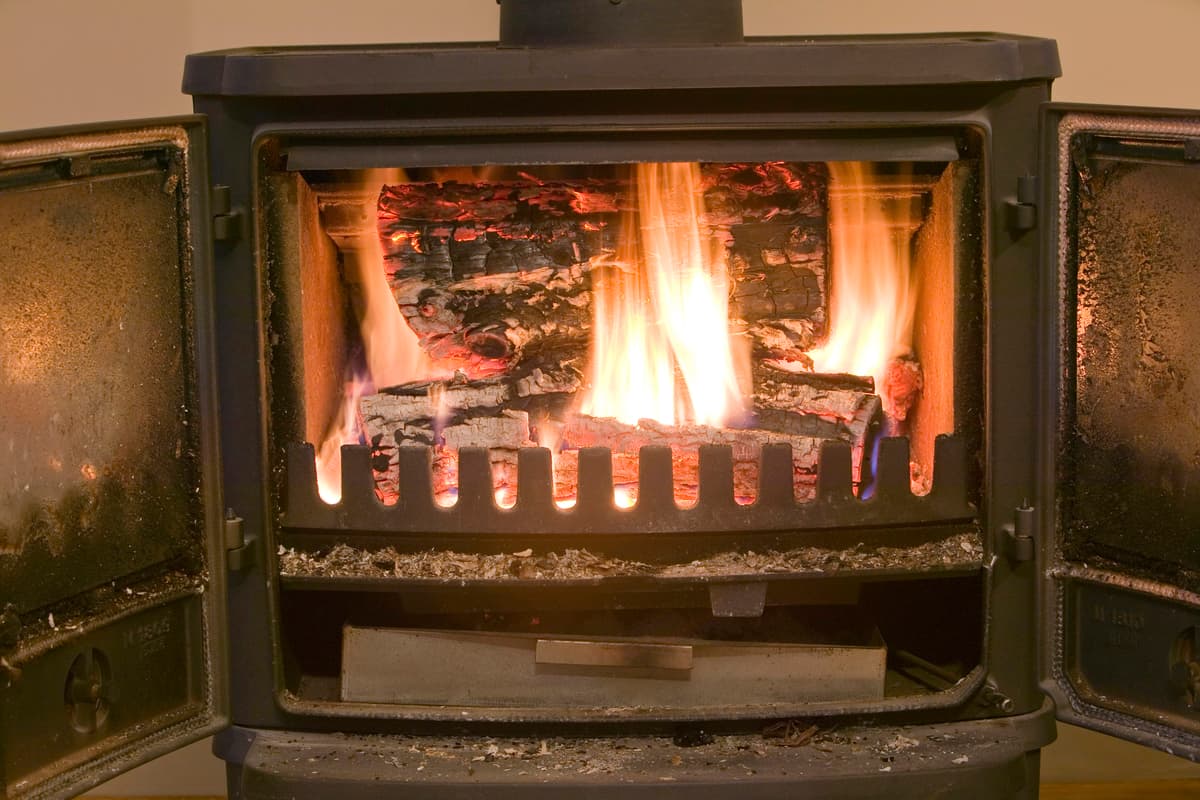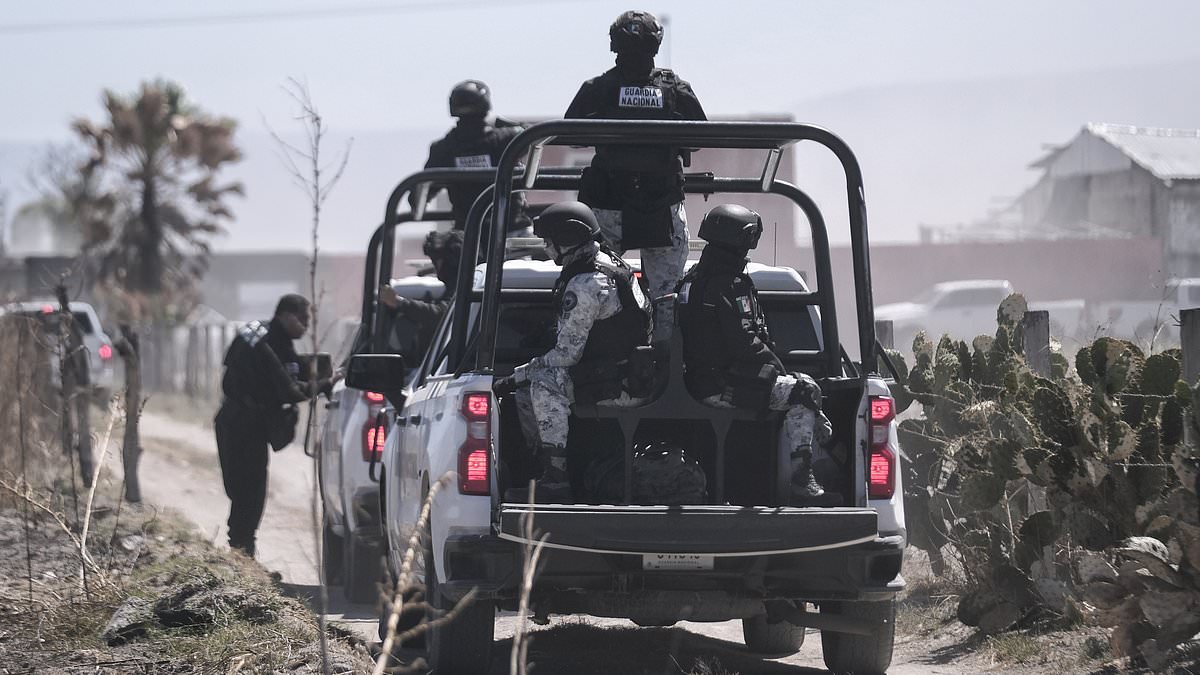Log burners: you risk a £1,000 fine if you light a wood burner or fireplace – rules for winter 2025/26 near me
By Alex Nelson
Copyright thescarboroughnews

As winter 2025 approaches, many households are turning to log burners for warmthBut stricter regulations now shape how and where wood burners can be used across the UKThe rules differ depending on location, appliance type and fuel choiceCouncils have been given more powers to enforce compliance and issue finesHealth and environmental concerns are driving tighter controls on domestic wood burning
As the nights draw in and people turn to fireplaces and log burners for cosy heat, it’s worth checking the rules before you light up.
A log burner can add warmth and atmosphere, but the rules are tightening as awareness of health and environmental impacts grows.
In the UK the law targets smoke and particle pollution rather than banning wood stoves outright, but there are important limits on what you can burn, which appliances are allowed in certain areas, and how councils can enforce the rules.
But just what are the rules around using wood burners and similar appliances in the UK as we head into the winter of 2025/26? Here is everything you need to know.
What are the rules?
The laws around wood burners in the UK can be complicated, as they depend on where you live, what you burn, and local council regulations.
The Clean Air Act 1993 introduced Smoke Control Areas (SCAs) — zones where only certain fuels and appliances can legally be used. If you live in an SCA, you must either:
Use a DEFRA-exempt (approved) appliance, designed to release fewer smoke emissions, and/or Burn only authorised fuels.
It is an offence to release a noticeable amount of smoke from a chimney in an SCA unless you are using an exempt stove with approved fuel.
Councils have the power to designate SCAs and enforce these rules, and in 2021, the Environment Act strengthened their authority, giving them greater scope to fine households for excessive smoke emissions.
Are you keeping up with the latest headlines? NationalWorld’s breaking news – in your inbox.
Which fuels are allowed?
In Smoke Control Areas, several fuels are banned, including:
Bituminous coal (house coal)Unseasoned or “green” wood (not properly dried)Manufactured solid fuels that aren’t DEFRA-approved
If you’re burning wood, it should be well-seasoned with a moisture content below 20% (look for logs marked “Ready to Burn”).
Regular chimney sweeping and stove maintenance can also help ensure efficient burning and minimal smoke.
Do I live in an SCA?
SCAs are widespread in towns and cities, where air quality is more of a concern, while rural areas are less tightly regulated.
London has one of the largest networks of SCAs, and other big cities including Birmingham, Manchester and Glasgow also enforce strict compliance.
But SCAs do still exist in some countryside locations, particularly near protected landscapes or areas with known air-quality problems.
To be certain, check your postcode with your local council or via DEFRA’s online resources.
Devolved nations – what are the rules?
There are some differences in how the rules are enforced and what the local terminology is across the UK
What are the penalties?
Local authorities such as councils enforce SCA rules and can issue fines under both the Clean Air Act and the Environment Act.
Fixed-penalty notices may be given for offences, and repeat offenders can face larger fines or even prosecution. In serious cases, penalties can rise to £1,000 or more.
It’s always best to check directly with your local council to confirm the rules that apply in your area.
What if I don’t live in an SCA?
If you’re outside of an SCA, the rules are less restrictive, but not non-existent. For example, it is still illegal to release dark smoke from a chimney under the Clean Air Act 1993.
The Environmental Protection Act 1990 also gives councils powers to act if smoke is judged to be a statutory nuisance to neighbours.
In practice, even outside SCAs it makes sense to use a DEFRA-approved stove and burn only authorised or seasoned fuels. Many local councils encourage this with local guidance or schemes aimed at reducing air pollution.
How bad are wood burners?
Despite their popularity, wood burners are one of the UK’s largest sources of fine particulate matter (PM2.5), tiny airborne particles that can travel deep into the lungs and even enter the bloodstream.
Exposure to PM2.5 has been linked to asthma, heart disease and other serious health issues.
Domestic wood burning already contributes a significant share of PM2.5 emissions — in some areas more than road traffic.
DEFRA figures released in February 2024 revealed that particulate emissions from household wood burning had risen by 56% between 2012 and 2022.
Are you struggling to make ends meet as costs continue to rise? You can now send your stories to us online via YourWorld at yourworld.net/submit. It’s free to use and, once checked, your story will appear on our website and, space allowing, in our newspapers.



